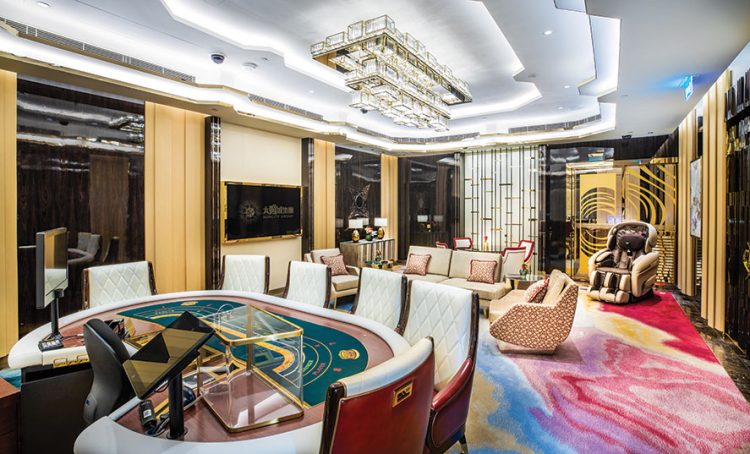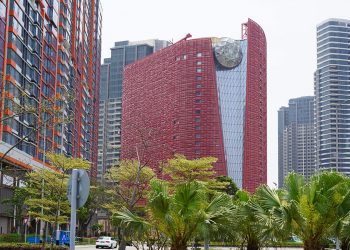New regulatory provisions governing junket promoters would see junket representatives found to have accepted illegal player deposits jailed for between two to five years or fined up to MOP$1.5 million, according to a new bill governing Macau junket operations.
A draft bill titled “Legal Framework for Operating Games of Chance in Casinos”, which primarily deals with junkets and their relationship with concessionaires, was published on the website of the Legislative Assembly (AL) on Wednesday and is now ready for its first reading. It clarifies a number of proposals announced by the Macau SAR Government in recent months.
Under the new law, which is set to replace the 20-year old Administrative Regulation 6/2002, any junket promoters found to have accepted “player deposits” would be jailed for two to five years while administrative offences would result in a fine of between MOP$10,000 and MOP$1.5 million. It is believed “player deposits” in this context refers to deposits in interest bearing accounts, but players would still be able deposit funds in non-interest bearing accounts specifically for the purchase of gaming chips obtained by the promoter from the associated concessionaire.
The draft bill also confirms junket operators will be prohibited from sharing gaming revenue with concessionaries or from contracting for the exclusive use of a casino gaming area. This effectively ends the days of junkets operating their own private VIP Clubs in Macau casinos.
They are also banned from sharing commission on revenues with any third persons or companies.
As previously reported by Inside Asian Gaming, the law confirms that each junket promoters would be only allowed to provide services to one concessionaire and that all contracts between those junkets and their chosen concessionaire must first be approved by the Gaming Inspection and Coordination Bureau (DICJ).
The draft law provides for a minimum capital requirement for each junket promoter of MOP$10 million in cash, with an effective period for contracts between junket operators and concessionaires to be from the granting date of the contract to 31 December each calendar year. Junkets are allowed to apply for renewal but if they fail to do so their contract will be deemed invalid.
Should the DICJ find any evidence of suspicious activity by junket operators, participants or management companies, it can implement suitability checks at any time. Such suspicions can be related to the source of funds, the “true identity” of anyone providing funds or unlawful dealings with criminal syndicates.
Stakeholders subject to suitability checks could include junket operators, members of executive councils, participants, management companies and shareholders with more than 5% ownership. If the DICJ finds any deficiencies, junket promoters must take immediate action to address the issue or face having their contract terminated.
The draft law provides for the Secretariat for Economy and Finance to establish a maximum limit of commissions earned by junket promoters, to be announced via government dispatch by 30 October every year. The current cap on rolling chip commissions is 1.25%.
Publication of the proposed bill comes two weeks after DICJ Adriano Ho revealed there were currently 37 junket promoters still in operation from a list of 46 promoters approved by the DICJ in January.

































